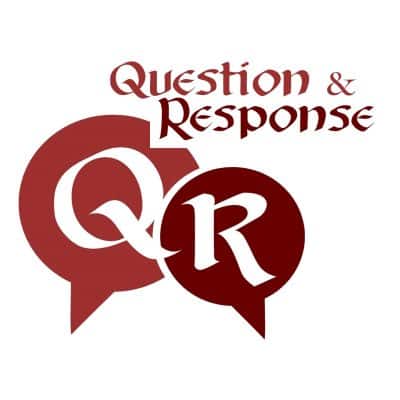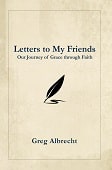Is the Lord Among Us? Ken Tanner
As Christians, we do not live in denial about the downsides of existence. We do not deny the presence of evil as pestilence, or of evil as a lack of what is good and sustaining for us as creatures, nor do we ever imagine that these depravations are needed by God to bring about the good in us or in creation (please do not listen to teachers who who say such things).
So while squarely facing the realties (with the spectrum of emotions different people feel in troubling times, none of them sinful), we once again hear the first words of the Christian story: Do not be afraid! From within the maelstrom, we trust that the saving hand of God remains with us, and that saving hand is a human hand.
We exercise the gift of trust, of trust in that saving hand, in order to keep our minds set on the things of heaven rather than the things of earth, on heaven as the world that is coming to this world, where Jesus Christ the human God is seated, for we have died to this passing world and our life is hidden with Christ in God.
Contemplate with me the majesty of God’s greatness, especially that he chose human weakness as the occasion and revelation of his greatest glory, to show us that his kind of cosmos-creating and cosmos-sustaining power is located in a particular event of human suffering, an event of deepest sorrow and pain that gives life and light and movement to all things. The cross is the foundation of the world, is what keeps the stars in their courses, and what keeps every human heart beating.
 We trust that in a finite human body God converts sorrow to joy, pain to relief, death to a human life that we now share as a gift, a life we participate in when we suffer, for there is a resurrected human life that suffers with us, whose resurrected life guarantees our victory in and through (not over or around or under) every suffering we encounter.
We trust that in a finite human body God converts sorrow to joy, pain to relief, death to a human life that we now share as a gift, a life we participate in when we suffer, for there is a resurrected human life that suffers with us, whose resurrected life guarantees our victory in and through (not over or around or under) every suffering we encounter.
And he does this precisely as one of us, a human with the same weariness in his bones, the same hungers in his gut, the same thirst in his throat, the same craving for oxygen in his lungs and heart, and with afflictions of the human mind such as stress and anxiety (ponder his garden prayer), extreme isolation and shame (ponder the realities of Golgotha), and with an all-too-human awareness that his continued embodied existence is contingent on so many things beyond his control.
The Son has to commend his life to his Father in trust and so must we, certain even in our uncertainty that the Spirit will remember us and raise us, body and soul, from every death we encounter in our lives, especially the one that finally puts us in the grave.
God is not standing outside the situation as a casual observer. God is not a force of cosmic power that knows nothing of our difficult personal plight. He knows it in the person of the Son from the inside.
It is the weakness of God in the human flesh of Jesus that saves the cosmos God loves but more than this—here is a great mystery!—it is this crucified human weakness that made the universe from nothing in the beginning as Athanasius reminds us many times over: it is precisely the crucified, wounded savior who is the creator of the world.
Bear all of this in mind every time you feel overwhelmed and find yourself asking, “Is the Lord among us or not?”
The reality of the human God who suffers with us is the truly wondrous, personal, intimate answer.
He places his human hand on our shoulder and says, “Don’t be afraid! I am the First and the Last. I am the living one. I died, but look—I am alive forever and ever! And I hold the keys of death and the grave.” (Revelation 1:17-18 NLT)
Featured image: Thomas Eakins, “Sketch for the Crucifixion.”










 Plain Truth Ministries | Box 300 | Pasadena, CA 91129-0300
Plain Truth Ministries | Box 300 | Pasadena, CA 91129-0300

